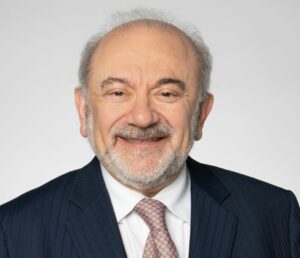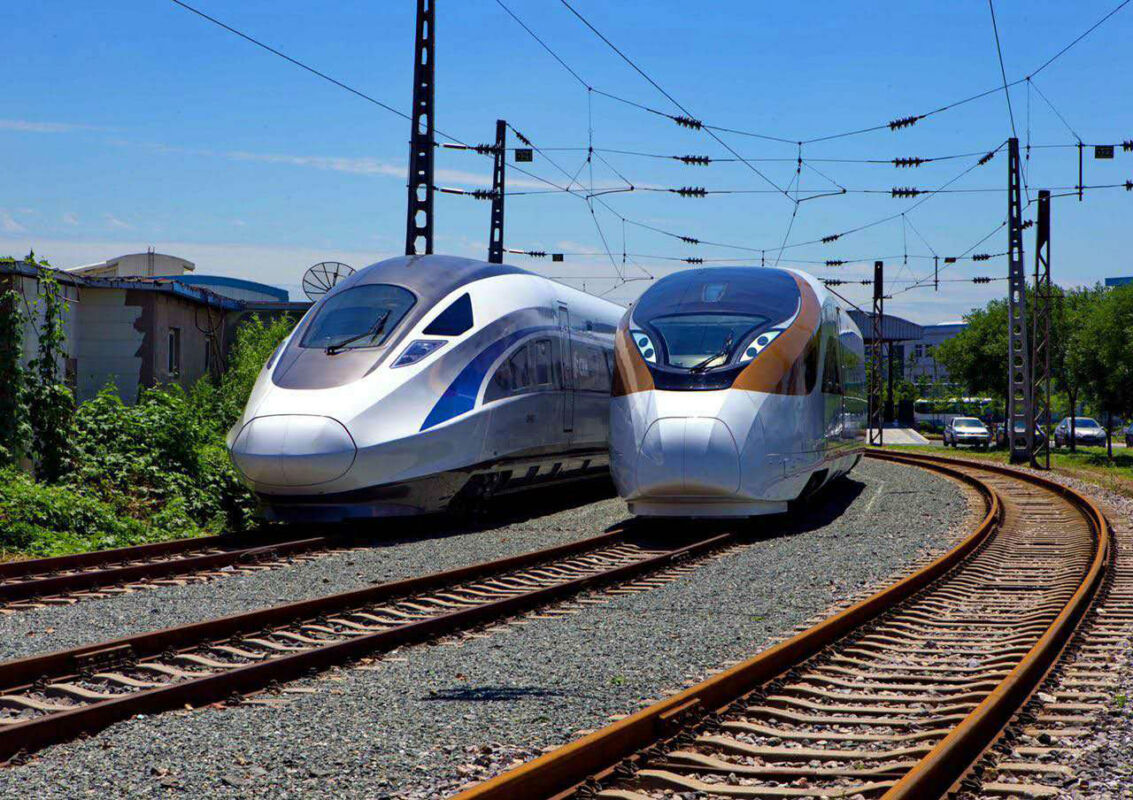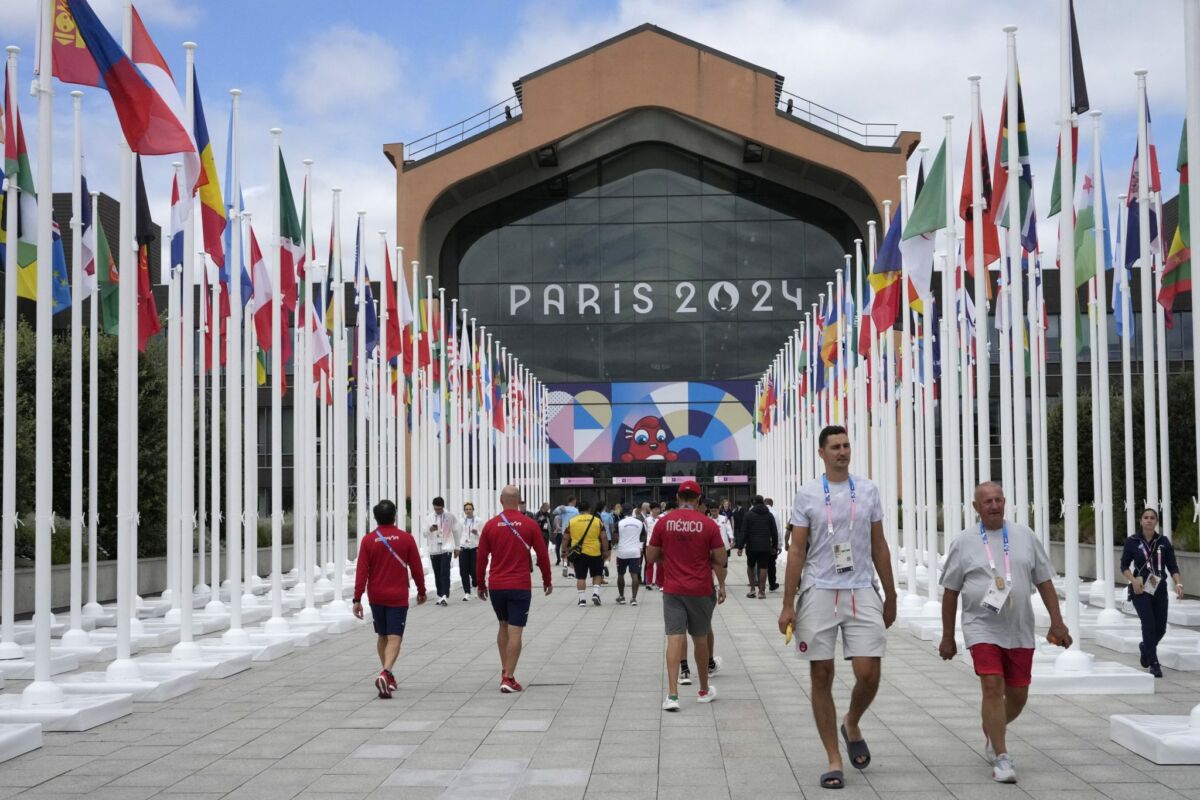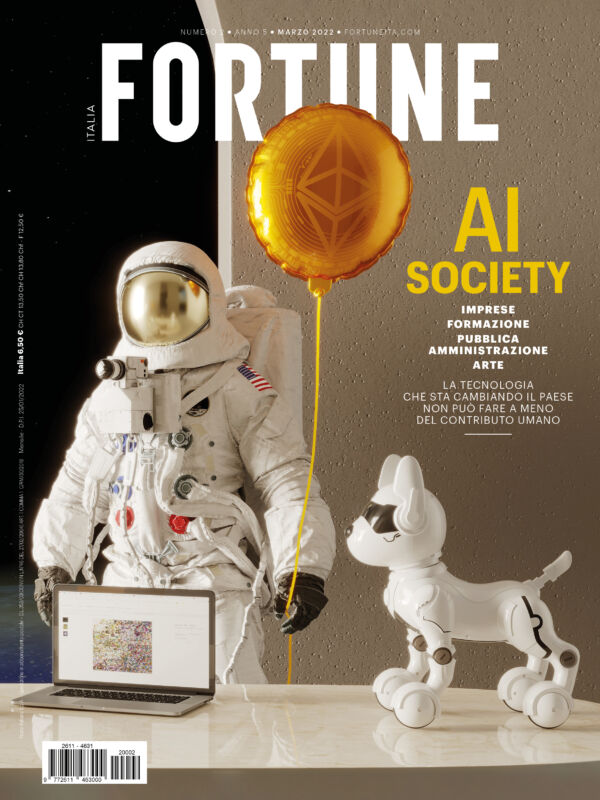In November this year, a new international treaty, the Luxembourg Protocol to the Cape Town Convention (the Luxembourg Rail Protocol), will enter into force in contracting states. It establishes a new global legal system for the recognition and prioritisation of security interests held by creditors lending on, or leasing, railway equipment, in turn facilitating more and cheaper private credit for the rail industry.
Italy has signed the Protocol but not yet ratified. It needs to do so urgently to bring the advantages of the Luxembourg Rail Protocol to the Italian rail sector. The Luxembourg Rail Protocol will apply to all types of railway rolling stock, from conventional passenger and freight locomotives and wagons, to trams, light rail units and cable cars. The creditor’s security will be registered in a new public international registry in Luxembourg.
The Protocol also introduces a Unique Rail Vehicle Identification System (URVIS), a new global 16-digit numbering system for permanently and uniquely identifying rolling stock. Adoption of the Protocol will deliver benefits to all stakeholders. It will increase the availability and reduce the cost of private finance for railway equipment, as lenders and lessors take into account less risk, lower costs of funds, and reduced transaction costs due to simpler financing structures, and standard, clearer documentation.
It will also help attract new sources of finance for procurement programmes, benefiting both the state-owned Ferrovie dello Stato (FS), which needs private finance for its ambitious new rolling stock investment programme, as well as smaller national and local operators, helping them compete more effectively with road transport. It will also cut the funding cost of FS’s rolling stock procurement programme for investments outside Italy and will secure all operators (and their creditors) from risks of third-party claims on their rail equipment moving across international borders. This is because the Protocol creates a common and easily understandable title security system operating across different jurisdictions in Europe.
The Luxembourg Rail Protocol is an essential building block of the Single European Rail Area envisaged by the European Union and supports Europe’s Green Agenda since railways are the most environmentally friendly way to transport passengers and goods. Public resources are limited, but the Protocol will encourage banks, leasing companies and private investors to provide urgently needed finance for new rolling stock at an affordable price.
The Cape Town Convention has been adopted by over 80 countries. In Europe, the Luxembourg Rail Protocol has been approved by the European Union; ratified by Sweden, Spain and Luxembourg; and signed by Germany, France, Switzerland, the United Kingdom and Italy, all moving towards ratification.
Earlier this year, a distinguished group of academics and business leaders led by Professor Marcello Presicci of Luiss University, and including Dr. Aldo Iaquinta, CEO presso AIMUW SpA; Massimo Lapucci, Secretary General CRT Foundation; Professor Paolo Boccardelli, Direttore Centro di Ricerca in Strategic Change; and Leonardo Donato, Editor of FORTUNE ITALIA, joined key leaders in the Italian rail sector urging the Italian government to speedily adopt the Luxembourg Rail Protocol. It costs the government nothing, but will bring major benefits for manufacturers, operators and financiers. It is time for Italy to board the Luxembourg train – before it leaves the station.

The Rail Working Group is a Swiss-based not-for-profit association focused on the adoption and implementation of the Luxembourg Rail Protocol. It has about 80 direct members and hundreds of additional rail stakeholders represented indirectly by various industry organisations that belong to, and support, the objectives of the RWG.
Howard Rosen has been practising as an English lawyer (solicitor) since 1980, and today runs a law firm based in Zug, Switzerland. He specialises in international finance and commercial law. He is a correspondent of UNIDROIT and has been chairman of the Rail Working Group since its foundation in 1996. He writes for various journals and books on asset finance, railways and trusts and is a regular speaker at, and chairman of, rail seminars and conferences around the world.













